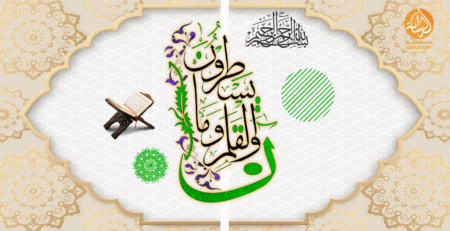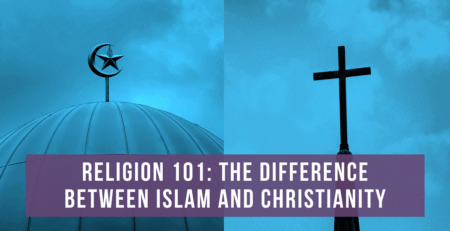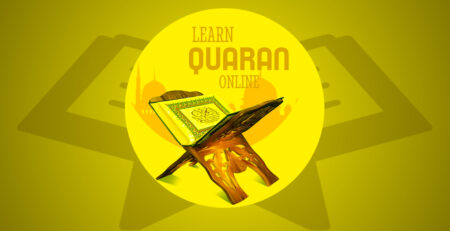Islamic Thinkers on Revolution
In the realm of Islamic thought, the concept of revolution has garnered considerable attention throughout history. Islamic thinkers have grappled with the idea of societal change and transformation, often offering diverse perspectives that reflect the complexity of the Muslim world. However, there’s a notable absence of this form of revolution in contemporary times, leading to questions about the efficacy of modern-day revolutions, which seem to be largely politically driven.
Understanding Revolution in Islamic Thought
Revolution, within the context of Islamic thought, encompasses a multifaceted understanding deeply rooted in religious doctrine and historical precedent. Unlike the Western notion of revolution, which often connotes abrupt and radical change, Islamic perspectives on revolution are nuanced and encompass a broader spectrum of meanings.
Historically, revolutions in the Islamic world have been characterized by movements aimed at social justice, political reform, and the establishment of Islamic governance based on the principles of sharia law. These revolutions were often led by charismatic leaders who sought to challenge existing power structures and rectify perceived injustices within society.
Challenges to Revolutionary Thought in Islam
Despite the rich history of revolutionary thought in Islam, contemporary interpretations face numerous challenges. The tension between traditionalist and modernist interpretations of Islamic doctrine has led to divergent views on the role of revolution in Muslim societies.
Traditionalist scholars often advocate for a conservative approach to societal change, emphasizing the preservation of Islamic tradition and the avoidance of radical upheaval. In contrast, modernist thinkers argue for a more progressive interpretation of Islam, advocating for reform and adaptation to contemporary realities.
Additionally, the political and social contexts in which Islamic revolutions occur play a significant role in shaping their trajectory and outcomes. In many Muslim-majority countries, authoritarian regimes suppress dissent and stifle political activism, making it difficult for revolutionary movements to gain traction.
Contemporary Interpretations of Revolution in Islam
In the modern era, the concept of revolution in Islam has taken on new dimensions, influenced by global geopolitical dynamics and the rise of political Islam. Movements such as the Arab Spring have brought issues of governance, democracy, and human rights to the forefront of public discourse in Muslim-majority countries.
Political Islam, as espoused by groups like the Muslim Brotherhood, seeks to reconcile Islamic principles with modern governance structures, advocating for the establishment of Islamic states governed by sharia law. However, the implementation of these ideals has been met with resistance from secular forces and authoritarian regimes.
Critiques and Controversies
Despite the aspirations of Islamic revolutions to bring about positive change, they have often been met with criticism and controversy. Externally, Western powers have often viewed Islamic revolutions with suspicion, framing them as threats to regional stability and security.
Internally, Islamic revolutions have faced criticism from within Muslim communities, with some arguing that they have failed to deliver on their promises of justice and prosperity. Additionally, sectarian divisions and ideological differences have led to conflicts within Islamic revolutionary movements, undermining their effectiveness and cohesion.
Revolutionary Potential in Modern Islamic Societies
Nevertheless, the potential for revolution in modern Islamic societies remains palpable. Emerging movements and ideologies continue to challenge existing power structures and advocate for change, albeit in diverse and sometimes conflicting ways.
The influence of globalization has also had a significant impact on the dynamics of Islamic revolution, connecting disparate communities and providing avenues for transnational activism and solidarity. Social media platforms, in particular, have played a crucial role in mobilizing support for revolutionary causes and amplifying dissenting voices.
Islamic Revolution and Political Instigation
However, it is essential to critically examine the relationship between Islamic revolution and political instigation. While revolutions in the Muslim world often arise from genuine grievances and aspirations for change, they are also susceptible to manipulation and exploitation by political actors seeking to advance their own agendas.
The intertwining of religion and politics in Islamic societies can sometimes blur the lines between genuine grassroots movements and externally funded or ideologically driven initiatives. As a result, the effectiveness and legitimacy of contemporary Islamic revolutions may be called into question, raising concerns about their long-term sustainability and impact.
Conclusion
In conclusion, Islamic thinkers have long grappled with the concept of revolution, offering diverse perspectives shaped by religious doctrine, historical precedent, and contemporary realities. While revolutions in the Islamic world have historically sought to bring about positive change and social justice, contemporary interpretations face numerous challenges and critiques. Despite these obstacles, the potential for revolution in modern Islamic societies remains significant, fueled by ongoing social, political, and economic transformations.
FAQs (Frequently Asked Questions)
- Are Islamic revolutions inherently violent? Islamic revolutions vary in their methods and approaches, with some advocating for peaceful resistance while others resort to violence in pursuit of their goals. The use of violence often depends on the specific context and circumstances surrounding the revolution.
- What role does religion play in Islamic revolutions? Religion serves as a motivating factor for many participants in Islamic revolutions, providing a moral and ideological framework for their actions. However, the extent to which religion influences the goals and strategies of revolutionaries can vary significantly.
- How do Islamic revolutions impact global politics? Islamic revolutions have the potential to reshape regional and global politics, challenging existing power structures and alliances. They can also impact international relations by influencing











Leave a Reply